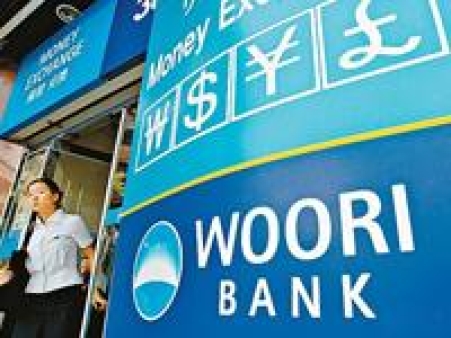
Moody's says M&A of Korean banks pose risks
Country's stable credit put on risks as KEB is being sold and Woori privatised.
Expected merger deals between South Korean banks may lead to financial burdens for acquirers and stoke competition, posing a risk to the stable credit rating outlook for the country's banking system, a Moody's analyst said.
The rating agency was closely watching efforts by Korean banks to put together guidelines for liquidity management under a government initiative, Youngil Choi, vice-president and senior analyst for financial institutions group at Moody's Investors Service, told a small group of reporters on Wednesday.
South Korea's banking industry is set to see a major consolidation in the year to come, with the upcoming sale of Korea Exchange Bank (KEB), owned by U.S. equity fund Lone Star, and the planned privatisation of Woori Finance Holdings. Over the longer term, the government also plans to privatise KDB Financial Group.
"Acquisitions can become a burden for the acquirer if it resorts to heavy debt financing," said Choi. "Post M&A, banks that have been left out may adopt aggressive strategies to increase assets and protect their market positions."
Choi voiced concern over merger prospects for state-run Korea Development Bank (KDB), citing its small deposit base, relatively weak margin structure and exposure to problematic corporate loans.
Banks that achieved greater scale through mergers would also need to boost their risk management capabilities, Choi added.
View the full story in Reuters.






















 Advertise
Advertise








